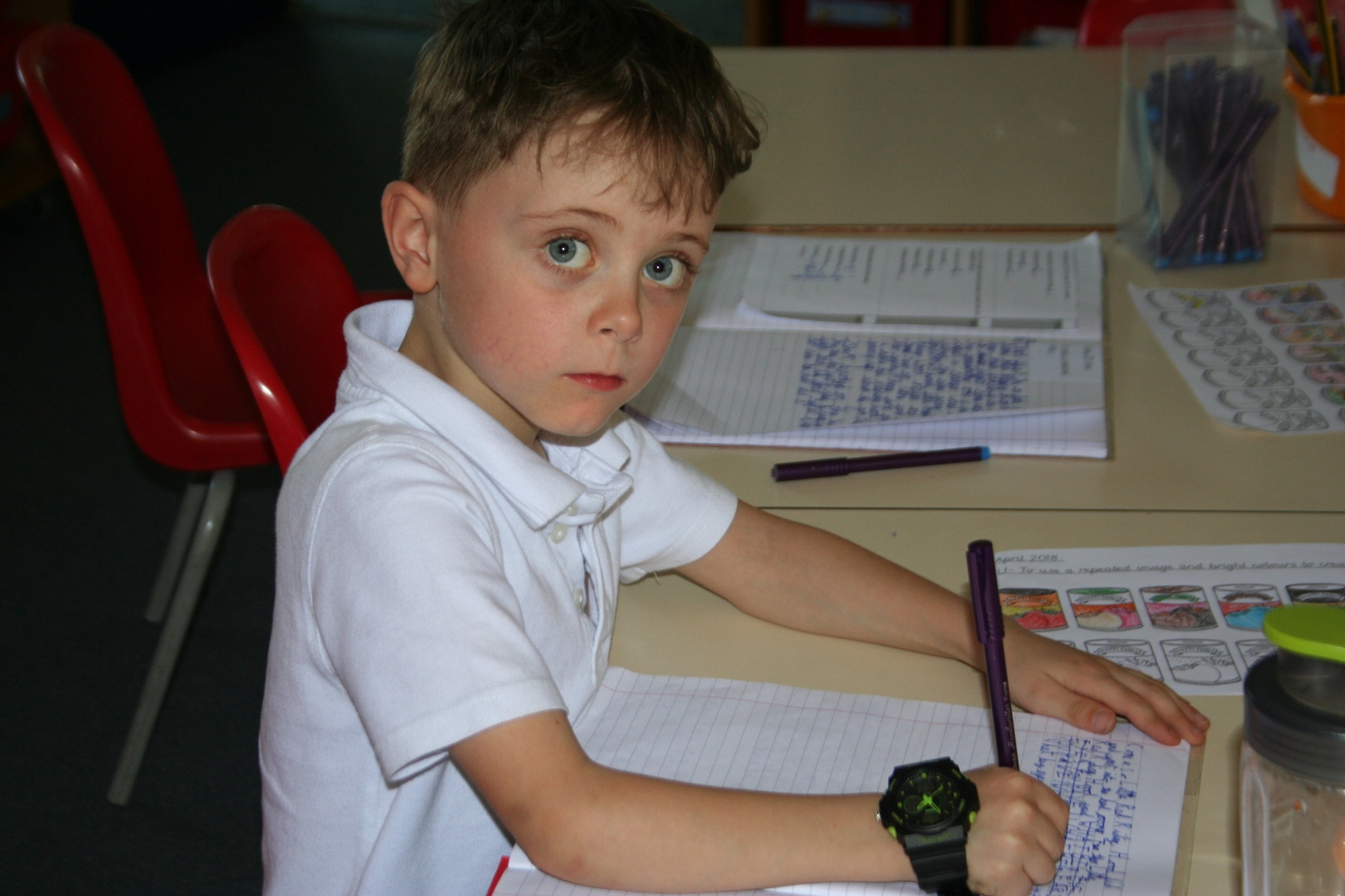Powerful knowledge for all
Powerful knowledge is the idea that there exists knowledge – the best knowledge available – that all pupils should be granted access to, regardless of background or ability. By creating a knowledge-rich curriculum, we will impart knowledge to children that will help make the next piece of learning possible and we enable children to evaluate, analyse and synthesise using their knowledge. Without a core knowledge behind them, these elements of Bloom’s Taxonomy remain unreachable. As renowned educationalist, Dylan William says, ‘(the) Purpose of curriculum is to build up the content of long-term memory so that when students are asked to think, they are able to think in more powerful ways.’ Furthermore, we also know that pupils with strong background knowledge are far more able to read challenging texts with confidence and, most importantly, clear understanding. A knowledge-rich curriculum therefore supports and is supported by excellent reading practice. With this in mind, it becomes largely self-evident that knowledge within the curriculum planning process is detailed and specified. As such, we set out the knowledge and vocabulary to be taught, ensuring progression and coherence through the school. Our pedagogical approach is designed to support pupils to remember the key aspects of what they are taught over the long term. We believe that the more children know, the more they can learn. For some children, especially the most disadvantaged, school is often the only place where they have the opportunity to gain knowledge of the concepts and vocabulary that will enable them to learn effectively alongside their peers and succeed in the long term. However, we want our curriculum to move beyond knowledge transmission. We want our pupils to build upon knowledge to ensure that they know what to do with it; it is not simply an exercise in cramming facts into their minds. We want them to be able to apply knowledge, consider, weigh, analyse, evaluate, create and adapt. We want them to learn how to be wise, not just well-informed. It is important to note, we are realistic about which aspects of the curriculum our pupils need to remember in the long-term. Given the understandable priority for pupils to learn the core skills of reading, writing and mathematics, it would be unrealistic for us to expect teachers to require primary-aged children to retain every piece of knowledge taught in a broad and diverse foundation curriculum. To do so effectively, would require significantly more time to teach, re-teach and practise, which inevitably would have a detrimental impact on the core subjects. Of course, it is important that we expect for key knowledge to be retained, specifically where there is a threshold concept that needs to be understood before a new piece of learning is to be taught. Some subjects, like science, are more broadly hierarchical than others, and so we have to be aware of this too in our curriculum design.
Explore our other Curriculum Principles:










